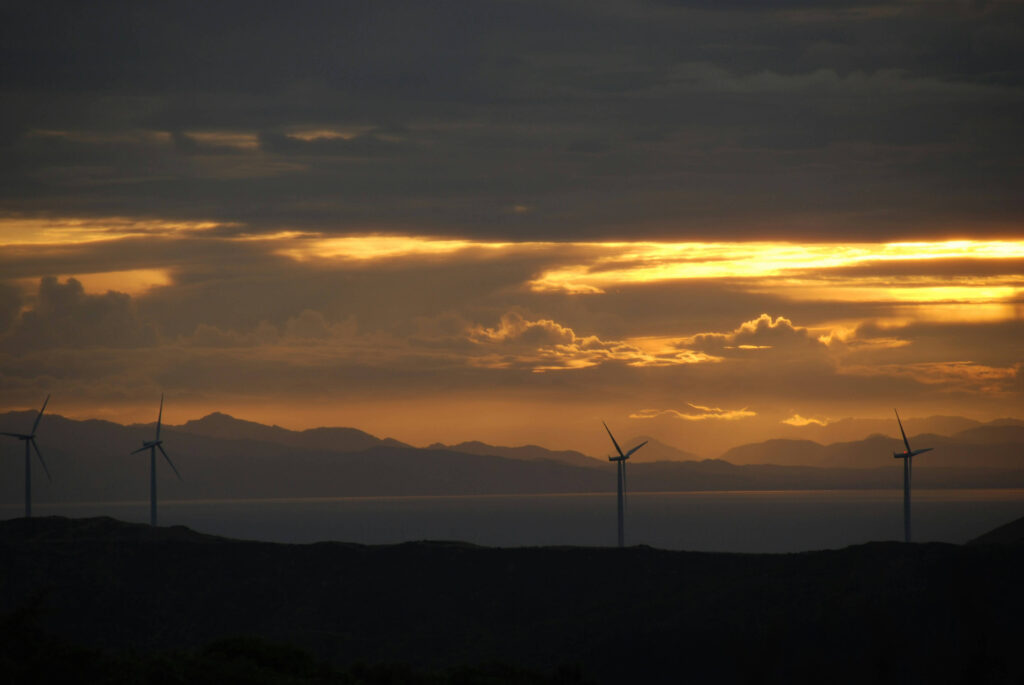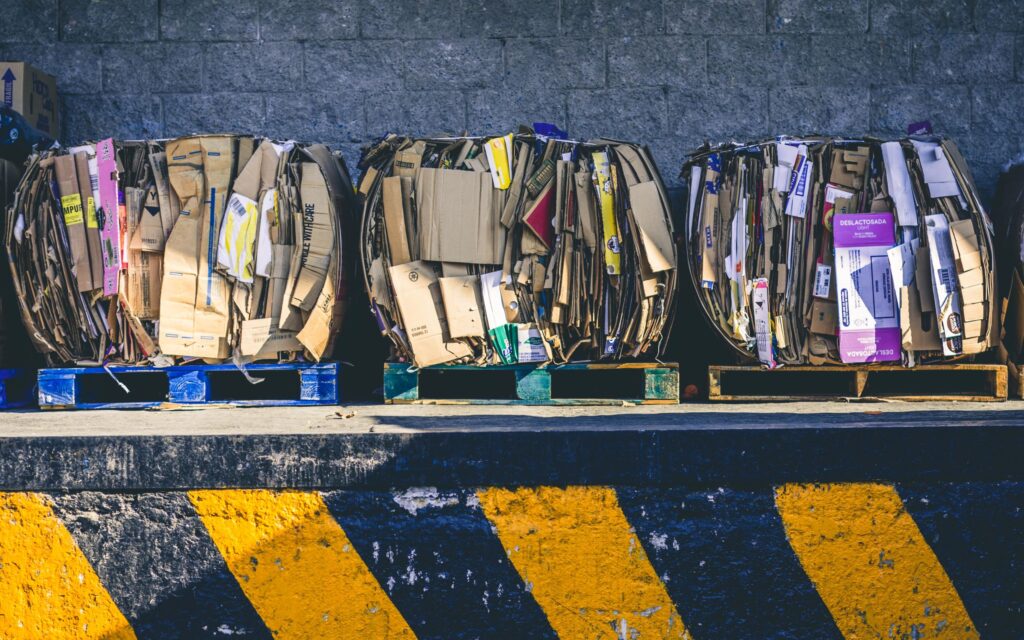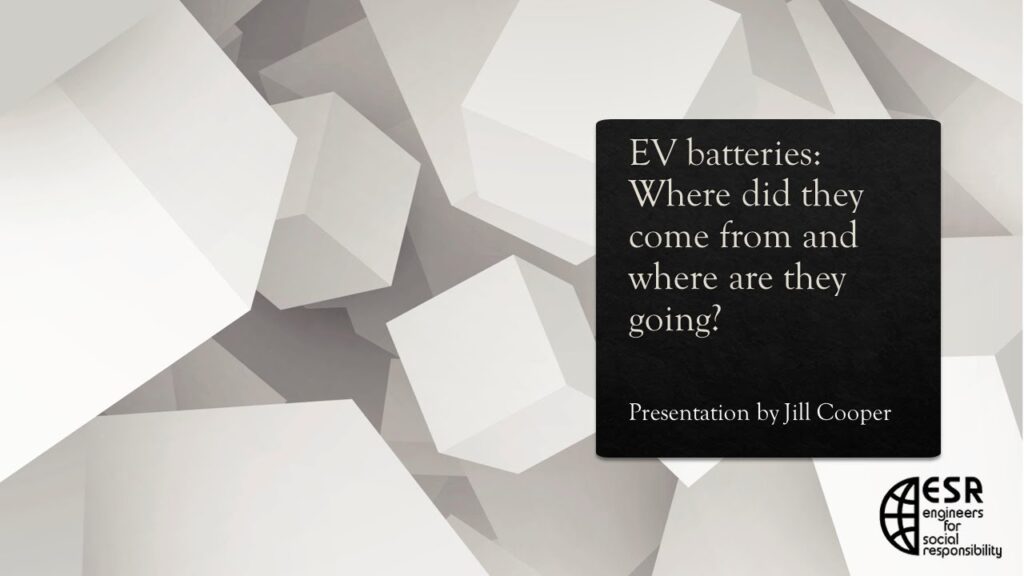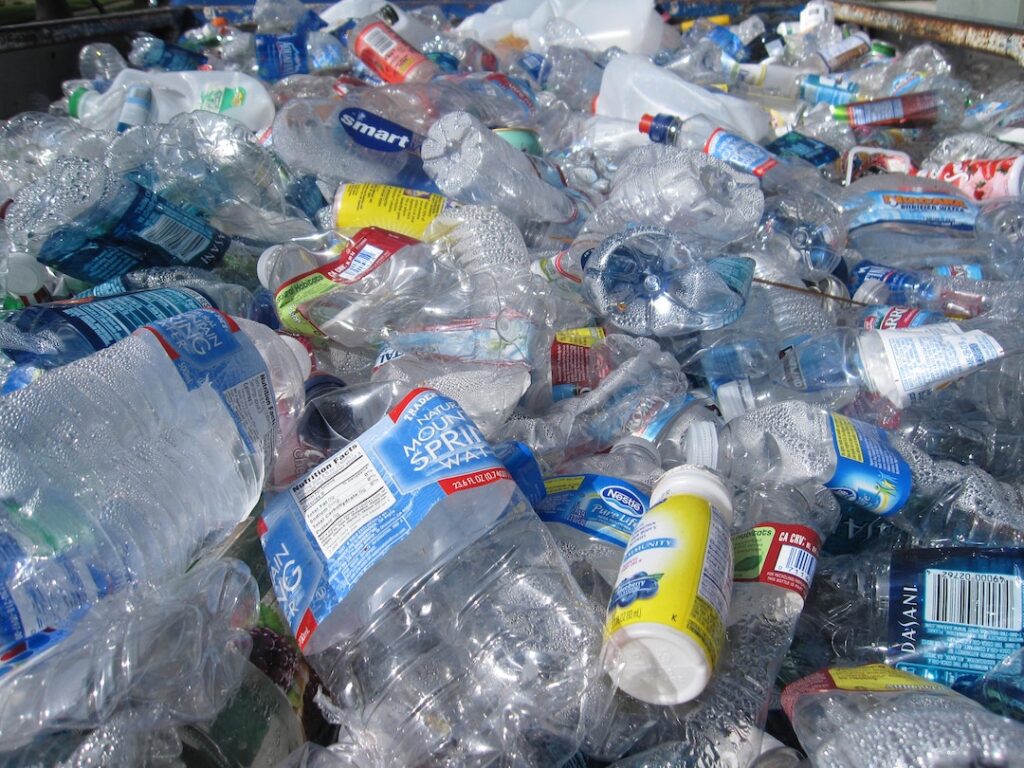Posts Tagged ‘Waste’
Video coming soon: Balancing the energy trilemma
EECA Chief Executive Dr Marcos Pelenur will spoke to us on Wednesday 15th October, explaining how energy efficiency and renewables are key to balancing the energy efficiency ‘trilemma’. Dr Pelenur will shared his views on this and the current focus and priorities for the Energy Efficiency and Conservation Authority.
Read MoreSubmission in Response to New Zealand’s second emissions reduction plan (ERP2)
This submission relates to information given in the Ministry for the Environment discussion document regarding the currently proposed second plan to reduce New Zealand’s emissions – New Zealand’s second emissions reduction plan, July 2024 (draft ERP2). It also covers other matters relevant to reducing our emissions.
Read MoreApril 2024
This newsletter starts with something different, namely translation of an
interview with Jens Beckert, Director at the Max Planck Institute for the Study
of Societies and Professor of Sociology in Cologne.
On the brighter side, it also includes a number of items on positive actions that
are helping improve people’s lives, and on technologies that can, or have the potential to contribute to reducing future emissions.
CONTENTS
– “How can we just go on living like this, even though we have known for three decades what is threatening us?”
– Ocean heating 2023
– Our reliance on fossil fuels
– “Plastics producers have deceived the public about recycling”
– How Burkina Faso builds schools that stay cool in 40C heat
– The African tree-planting project making a difference
– The ‘15-minute city’ has taken off in Paris
– UNSW team creates synthetic methane using only sunlight
– Printed solar cells
– Acqueous metal-ion batteries
– Energy storage using salt, air and bricks
Submission to the Auckland Council on Waste Management
We live in a finite world with finite resources that should not be disposed of in landfills. The ultimate objective should be to do away with conventional landfills.
Read MoreSubmission to Auckland Council’s Draft Waste Management and Minimisation Plan
The central points are that the present waste collection and disposal arrangements must be improved to minimise the amount of material going to wasteful landfill, to improve the value and utilisation of recycled materials as well as to maintain a healthy and safe environment for Auckland residents.
Read MoreEV Batteries – Where Did They Come From and Where Are They Going?
Several years ago, Li-ion batteries, as used in mobile phones, computers, portable tools and a myriad of other devices were considered a fairly benign object, except for the possibility that they may rarely, spontaneously burst into flames. There was little conversation about how they were made and what you might do with the old, worn out ones. All that changed when Nissan and Tesla brought out electric vehicles that were capable of replacing fossil fuelled vehicles and governments started to adopt strategies to encourage EV uptake in our private transport fleets.
Read MoreSubmission In Response To: Accelerating Renewable Energy And Energy Efficiency
Accelerating the use of renewable energy and improving energy efficiency are both very important steps that need to be taken, and we agree with many of the suggestions in the Discussion Document. However, given the extreme climate emergency we are currently now facing, with the strong possibility of catastrophic outcomes if it is not adequately addressed, these steps on their own are not nearly enough for New Zealand to contribute sufficiently towards holding global heating below the current internationally agreed limit of 1.5°C.
Read MoreThe Kiwi Bottle Drive – New Zealand’s Grass Roots Campaign For The Re-Introduction of Bottle Deposits
A Container Deposit Scheme (CDS) would recycle an extra 750 million beverage containers each year, create over 2,000 new jobs and reduce the impact of plastic on our oceans. Yet the packaging industry continues to undermine the public’s desire and the political will for change. What can we do to ensure New Zealand catches up with other countries that are leading the way on reducing single-use packaging and the harm it causes?
Read More





